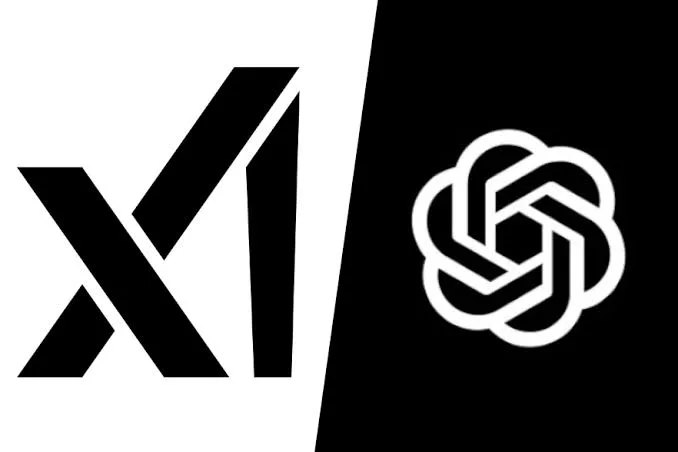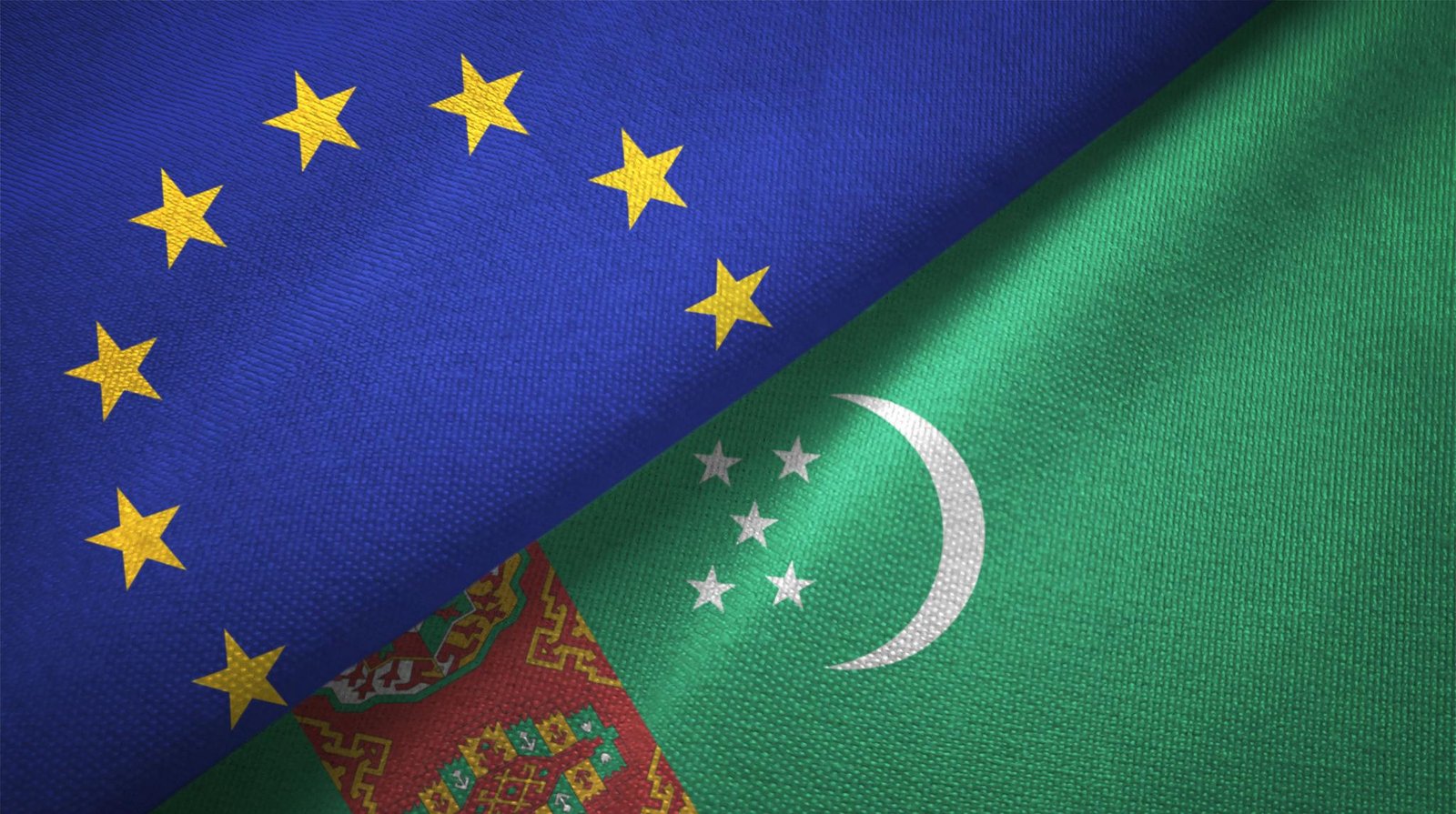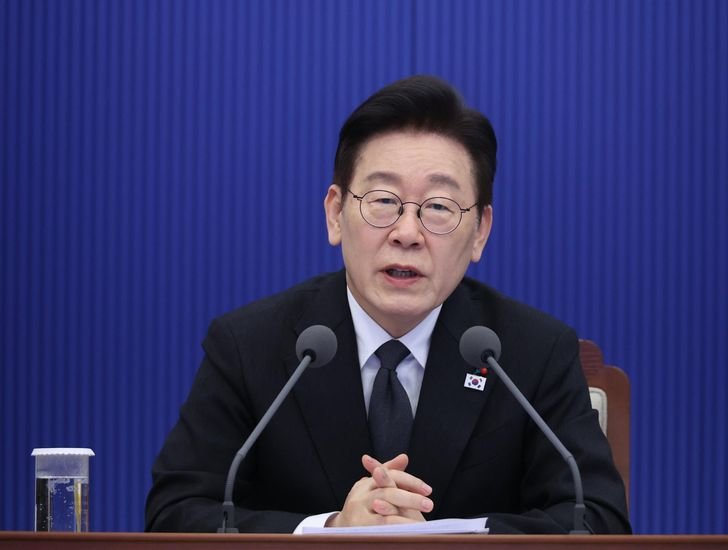San Francisco, March 12, 2024, The Europe Today: OpenAI, Elon Musk announced on Monday that his artificial intelligence startup, xAI, will open-source its ChatGPT competitor, “Grok,” later this week. Musk’s decision comes just days after he filed a lawsuit against OpenAI, accusing the organization of deviating from its original mission in favor of a for-profit model.
The lawsuit, filed earlier this month against Microsoft-backed OpenAI, revealed a publicized exchange of emails where Tesla CEO Musk supported a plan to create a for-profit entity. Musk also expressed interest in a potential merger with the electric vehicle (EV) maker, envisioning the combined company as a lucrative “cash cow.”
“This week, @xAI will open source Grok,” Musk declared in a post on X, the social media platform he owns.
The move is expected to provide the public with free access to experiment with the underlying code of Grok, aligning xAI with other tech firms like Meta and France’s Mistral, both of which have embraced open-source AI models. Google has also contributed to this trend by releasing an AI model named Gemma, allowing external developers to customize it according to their requirements.
The decision to open-source Grok has sparked debates among tech investors, including OpenAI backer Vinod Khosla and Marc Andreessen, co-founder of venture capital firm Andreessen Horowitz. Musk’s legal action against OpenAI has ignited discussions on the merits and potential risks associated with open-sourcing AI models. Some experts caution that open-source AI models could be exploited by malicious actors for nefarious purposes, including the creation of chemical weapons or the development of uncontrolled conscious super-intelligence.
Musk, who has consistently advocated for responsible AI development, reiterated his concerns about the profit-driven approach of big technology companies during the announcement. He has previously called for the establishment of a “third-party referee” to oversee AI development, signaling concerns and sounding the alarm if ethical considerations arise.
In a bid to explore alternatives to OpenAI and Google, Musk launched xAI last year with the goal of creating a “maximum truth-seeking AI.” Grok was subsequently introduced in December, initially available to Premium+ subscribers of X. Musk’s inclination toward open-source AI was highlighted in a podcast episode with computer scientist Lex Fridman in November, where he criticized the shift from OpenAI’s nonprofit open-source roots to a closed-source model for maximum profit.
As xAI prepares to open-source Grok, the move is likely to reshape discussions surrounding AI ethics, transparency, and accessibility within the tech industry. The unfolding legal battle and xAI’s commitment to open-sourcing may influence the direction of AI development and deployment in the coming months.














